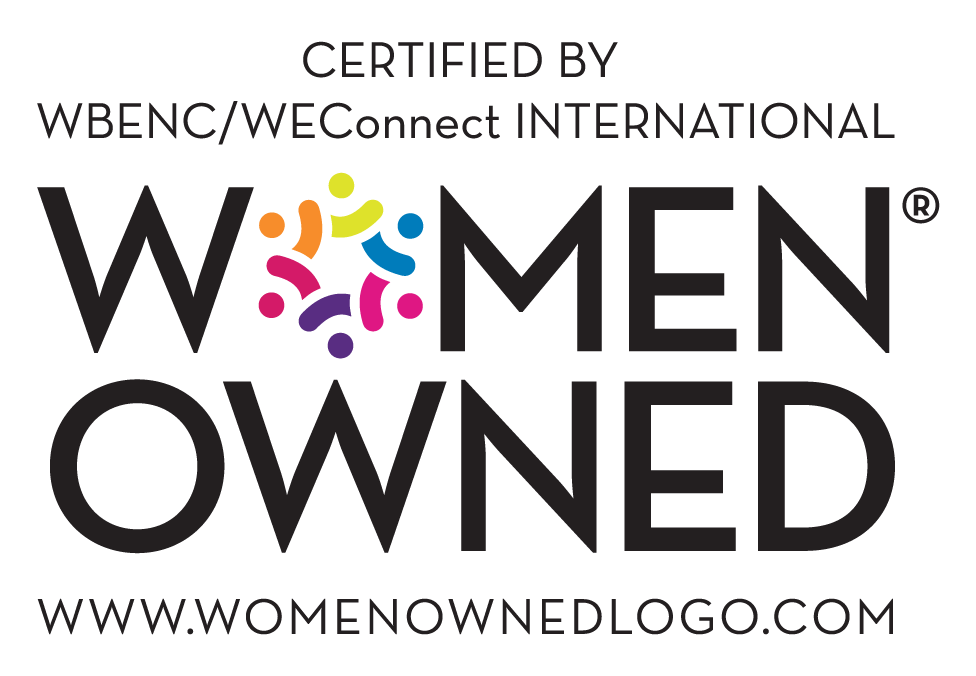When I tell people I’m a facilitator I usually receive a polite nod and a glazed look of confusion. Though the word may be common, an understanding of what a facilitator does or what facilitation is, is not.
What does the word facilitate mean?
Facilitate: verb. make (action or process) easier.
Profound, I know. Given this simplistic definition, a facilitator is then someone who makes actions or processes easier.

I am a facilitator by trade and by calling. My specialty is facilitating meetings, conversations, trainings, retreats, and community group discussions. I work to make spaces of communal dialogue easier for participants. For clarification, easier does not mean less challenging or less uncomfortable. Formally, my background is in Results Based Facilitation (RBF). Results Based Facilitation is a hands-on method for leading small and large groups, where every meeting component is designed to contribute to a specific result.
At a personal level, I possess an ability to connect with almost anyone I meet, and I am always trying to figure out ways to help people on their journey. This organic sense of connection allows people to trust me or to find me interesting enough to facilitate meetings for them.
You might be curious how facilitation shows up in real time. My explicit tasks include developing agendas with meeting conveners, and keeping groups on topic, on task, and on time. My goal is to help participants understand how to use relationships and resources to achieve their desired results. (Relationships, Resources, and Results are known as the 3Rs. You can find more here). I enjoy interacting with groups and exposing people to various ways of engaging in dialogue, working through conflict, developing creative ideas, and learning from each other. .
I make things easier by:
- specifically designing activities to reach a named result
- managing shared and established group norms and expectations
- demonstrating how to have meetings designed for results
- keeping time so teams can focus on participating
- charting notes for visual cues
- making learning fun and creating room for joy
- consistently creating opportunities to learn and/or encourage inquiry
- providing energy to maintain momentum
- challenging groups to think differently about meetings and conversations
- serving as a third-party observer to name and address conflicts accordingly
- pushing individuals to think critically with open-ended questions
- ensuring that participants make and write down an action commitment
- establishing accountability as an expectation
You need several skills to be a strong facilitator. Five that I think are crucial include: listening, responsiveness, flexibility, mental agility (the ability to think on your feet), and the ability to process information quickly. These skills have allowed me to feel confident as a facilitator, especially when a meeting agenda needs to shift completely on the spot. Having group conversations, especially with large numbers, can be difficult. A neutral facilitator is unbiased, allowing all stakeholders to actively participate and learn. A facilitator also has a balcony view, to see and name things that others cannot or are afraid to point out.
Some people say anyone can facilitate. But can they achieve results? If you’re looking to add some of these skills to your repertoire, you might start by rethinking the energy and dynamics of your organizational meetings. Next, how can you make certain that each member of your team has a takeaway or is inspired to create change? How can you make that easier for them?
If you are interested in having a facilitator support your efforts, contact me. I look forward to helping you achieve your results.



